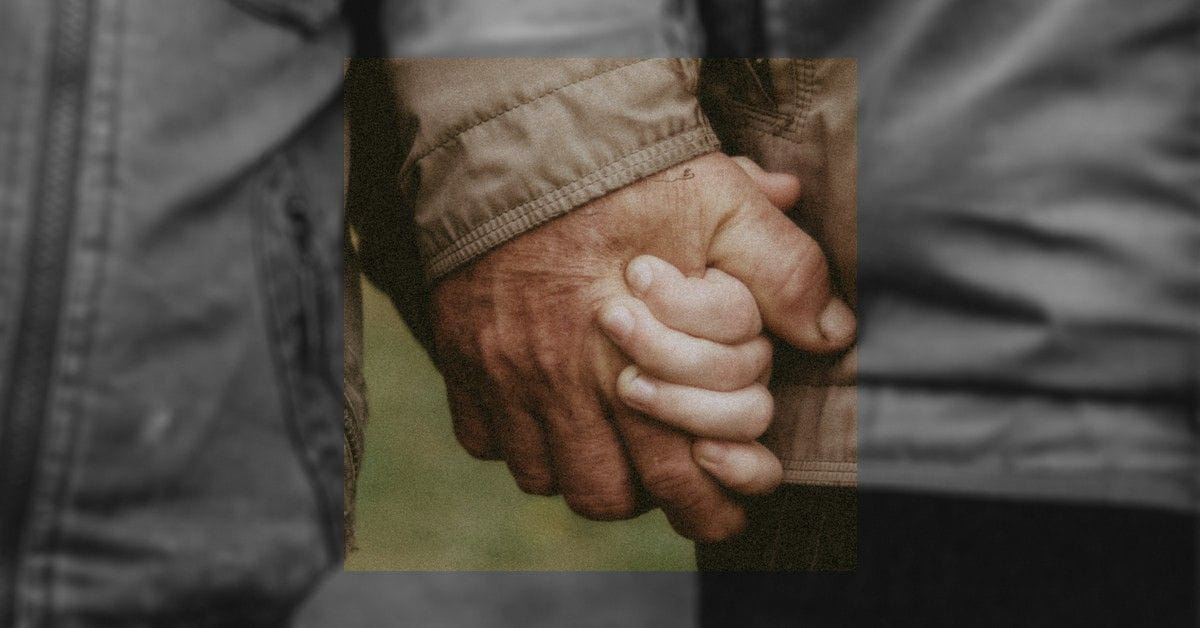"The young may walk faster but the elderly know the way."
- African proverb
The above is purportedly an African proverb. I cannot speak for the veracity of that claim. I can, however, draw lessons from the proverb—two of which I would like to highlight here.
The Origins of the Proverb(s)
To start with, is this actually an African proverb? Who said it? When did they say it?
The beauty of most proverbs is that we never have to know the answers to these questions. Many proverbs have been passed down through generations and many have managed to maintain the fundamental truth of which they speak at their core.
Within a single statement, they tend to encapsulate wisdom that has been learnt by whole societies over centuries passed. Nothing in society endures for so long if it’s not useful. We would be unwise to dismiss the voice of many who have gone before us and left us nuggets of wisdom for life’s journey in proverbs. There is nothing new under the sun; even your life, as unique as it may be, follows the general way that so many other lives before it went down. We may not know the one person who first said it, but its truth and wisdom remain because society passed it down to its young to this very day. Tradition, which is usually expressed in proverbs, is the counsel of those that have gone before us. As GK Chesterton puts it:
If we attach great importance to the opinion of ordinary men in great unanimity when we are dealing with daily matters, there is no reason why we should disregard it when we are dealing with history or fable. Tradition may be defined as an extension of the franchise. Tradition means giving votes to the most obscure of all classes, our ancestors. It is the democracy of the dead. Tradition refuses to submit to the small and arrogant oligarchy of those who merely happen to be walking about. All democrats object to men being disqualified by the accident of birth; tradition objects to their being disqualified by the accident of death. Democracy tells us not to neglect a good man's opinion, even if he is our groom; tradition asks us not to neglect a good man's opinion, even if he is our father.
- GK Chesterton, Orthodoxy, Chapter Four – The Ethics of Elfland
The Truths of the Proverb
Coming to the second and main thought of this post:
Many young people, full of youthful hubris, are given to thinking there’s nothing they can learn from their elders, much less from the traditions of the societies in which they live.
To be fair, no person or demographic has a monopoly on wisdom and truth. And that someone is, for instance, a centenarian does not mean they have the best of opinions on whatever you seek their counsel on. Their perspective will always be filtered through their worldview and their life experience, which is never long enough to learn the whole truth about anything. I’m sure we’ve all heard terrible pieces of advice from our elders (that either made us rejoice when we didn’t follow them or regret that we had) and have also received good advice that bore us great results when we followed it.
That being said, you are, more often than not, better off for having listened to the counsel of someone who has experienced what you are about to experience and has come this far through it.
We all have done things that we regret we did, and have said things we regret we said. In hindsight, we tell ourselves we could have made better decisions and would have been in a better place for it. Hindsight is 20/20.
Most well-meaning elders, and by extension traditions, give counsel to younger people in retrospect. It is a way to keep those coming after them from making the same mistakes they or others made that did not turn out well. Life is too short to learn from your own mistakes. You can never make enough of them to make you wise enough to live your best life.
Tradition is, in a way, the collective life experience of many that have gone before you and that you would do well to pay attention to.
You may have more energy than your elders, and may even be better educated and more intelligent. But there’s a wisdom that only time can teach, and a strength that only endurance can impart that elders possess. So, you may be able to do more, and faster than they ever could, but they have experienced the most important things that you will experience too and would be wise to seek their counsel concerning.
Not all elders and traditions are right, or righteous. But they, like the Law of Moses, can serve as a moral custodian until we come to a better understanding of truth. So learn from their words, their actions, their successes and their mistakes.
Sometimes, the lesson is not to do as they have done. Sometimes, the lesson is to do as they have done.
You can only grow wiser when you learn from the collective wisdom of countless others that have gone before you.

Comments